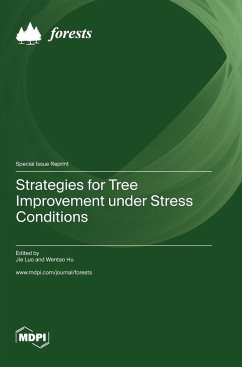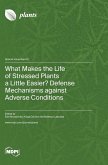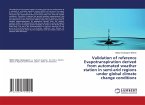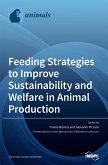Perennial woody plants usually face multifactorial adverse conditions during their long lifespan, which impairs their growth and productivity. To cope with these adverse conditions, trees deploy morphyological, physiological and molecular responses to adapt to the environmental constraints. By using high-throughput sequencing and bioinformatic approaches, many hub genes that are involved in stress response were identified. In recent years, with the advantages of transgenic technology in woody plants, many candidate genes participating in stress responses were functionally characterized and showed great potential for tree improvement under different stresses. On the other hand, cultivation strategies (including beneficial microorganism investigation, beneficial microorganism inoculation, mixed forest and so on) also play crucial roles in tree improvement under abiotic and biotic stress.








